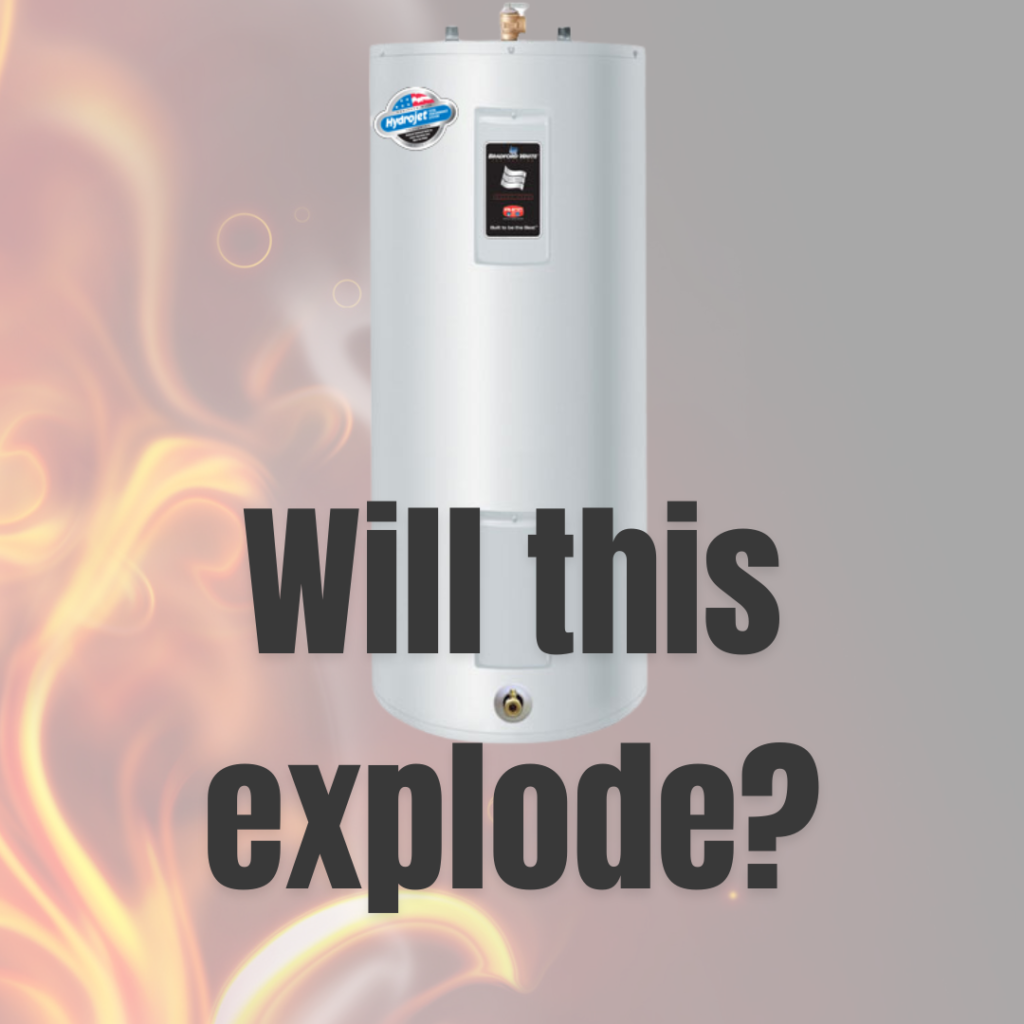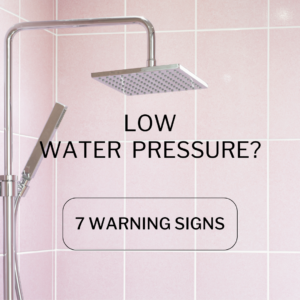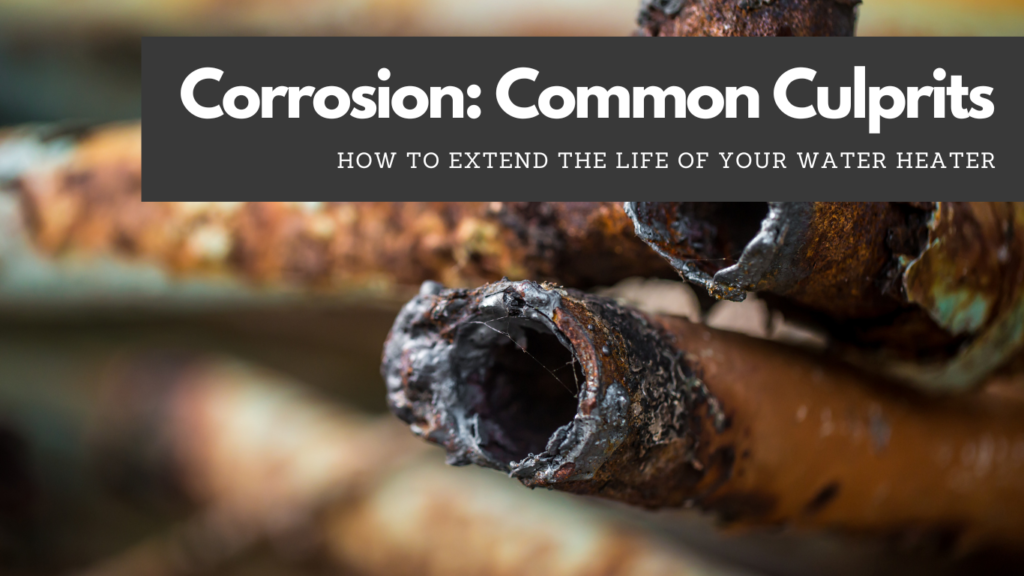Hey there, Green Country homeowners! It’s your go-to plumber, Green Country Plumbing, here to talk about something that could literally blow up in your face—your water heater! Now, before you start picturing your house in flames, let’s talk real talk. Water heaters rarely explode, but when they do, it’s a big deal. So, how do you know if your water heater is about to go kaput, and what can you do to fix it fast? Grab a wrench, and let’s dive into emergency water heater repair!

Signs Your Water Heater Is In Trouble
First things first, let’s identify the signs that your water heater is about to throw in the towel. Here’s what to look out for:
- Strange Noises
If your water heater sounds like it’s auditioning for a horror movie with bangs, pops, or creaks, it’s time to call for water heater repair. These noises often indicate sediment buildup at the bottom of your tank. When the sediment heats up, it can cause the tank to overheat and potentially fail. - Leaking Water
Water pooling around the base of your water heater is a major red flag. It could mean your tank is cracked or there’s a loose connection somewhere. Either way, you need to address it ASAP with a professional water heater repair. - Inconsistent Water Temperature
If your hot water has more mood swings than a teenager, your water heater might be in trouble. Inconsistent water temperature often points to a malfunctioning thermostat or a heating element that needs attention. - Rusty Water
Rusty water coming from your taps is a clear sign your water heater is corroding from the inside. This is a serious issue that could lead to leaks and ultimately, a complete breakdown.
How to Fix Your Water Heater Fast
Alright, so you’ve spotted the signs. Now what? Here’s a step-by-step guide to get your water heater back on track.
- Turn Off the Power
Safety first, folks! For electric water heaters, switch off the breaker. For gas water heaters, turn the gas valve to the “off” position. You don’t want any electricity or gas flowing while you work. - Shut Off the Water Supply
Locate the cold water supply valve at the top of the heater and turn it off. This prevents more water from entering the tank and causing further issues. - Drain the Tank
Attach a garden hose to the drain valve at the bottom of the tank, and lead the other end to a floor drain or outside. Open the valve and let the tank drain completely. Be careful—the water will be hot! - Check the Pressure Relief Valve
This valve is designed to release pressure if your water heater gets too hot. If it’s leaking or malfunctioning, you’ll need to replace it. You can do this by unscrewing the old valve and screwing in a new one, available at most hardware stores. - Flush Out Sediment
Once the tank is drained, turn the cold water supply back on briefly to flush out any remaining sediment. This helps prevent future issues and keeps your heater running efficiently. - Replace Heating Elements or Thermostat
If you suspect the heating elements or thermostat are the culprits, now’s the time to replace them. For heating elements, use a wrench to unscrew the old elements and screw in new ones. For the thermostat, follow the manufacturer’s instructions for replacement.
When To Call Green Country Plumbing For Your Water Heater Repair
Sometimes, a DIY fix isn’t enough. If your water heater is still acting up after these steps, it’s time to call in the cavalry—Green Country Plumbing! We specialize in emergency hot water tank repair and can get your system back in working order in no time.
Customer Testimonial
Here’s what one of our cherished customers, Laura from Sand Springs, had to say:
“I woke up one morning to a flooded garage because my water heater was leaking. I called Green Country Plumbing, and Justin was at my house within the hour. He quickly assessed the situation, explained what went wrong, and had a new water heater installed by the end of the day. The service was fast, professional, and friendly. I can’t recommend them enough for emergency water heater repair!”
Preventative Measures To Avoid Future Issues
Prevention is better than cure, right? Here are some tips to keep your water heater in tip-top shape:
- Regular Maintenance
Schedule regular maintenance with Green Country Plumbing to catch potential problems early. We can flush your tank, check for leaks, and ensure everything is running smoothly. - Install a Water Softener
Hard water can cause sediment buildup, leading to many of the issues we’ve discussed. A water softener can help extend the life of your water heater and improve its efficiency. - Insulate Your Water Heater
Insulating your water heater can help it retain heat better, reducing the workload on the heating elements and saving you money on energy bills.
Conclusion
Your water heater is a vital part of your home’s plumbing system. Knowing the signs of trouble and how to perform emergency water heater repair can save you a lot of stress and money. But remember, if the job seems too big or complex, don’t hesitate to call Green Country Plumbing. We’re here to keep your water hot and your worries cool.
For any water heater repair needs, whether it’s a minor fix or a major emergency, reach out to us at Green Country Plumbing. We’ve got the tools, expertise, and energy to tackle any plumbing challenge. Stay safe, stay warm, and keep those water heaters in check!


